Zenit-11
Zenit-11 is a Soviet SLR camera produced at the KMZ plant from 1982 to 1992. It is a hybrid of the Zenit-TTL body and the top cover of the Zenit-E.
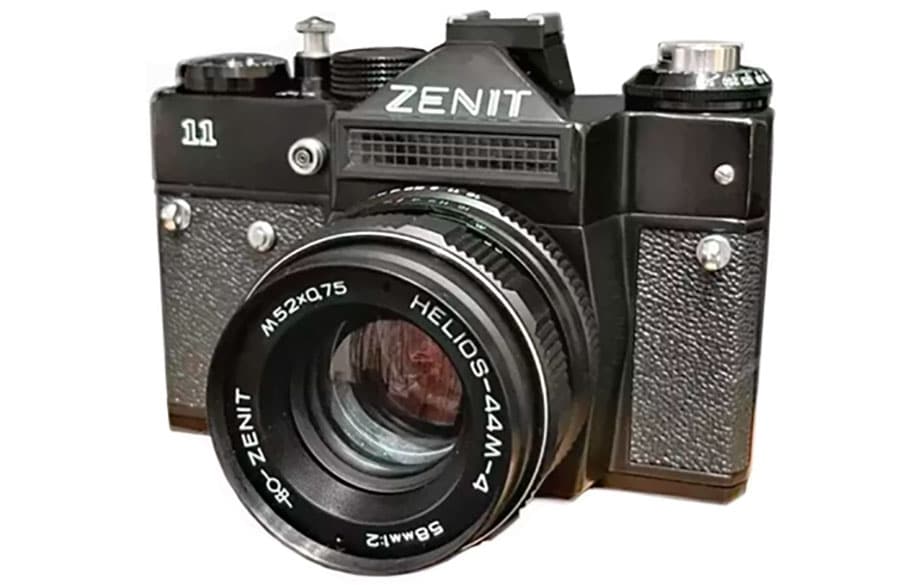
That is, as you can see, Zenit-11 is a more complicated version of the Zenit-E camera and a simplified version of the Zenit-TTL. Like virtually all SLR produced at the KMZ plant, the Zenit-11 had an M42 threaded mount, which means that a huge variety of lenses can be used with this camera.
Zenit-11 Specifications
- Type: 35mm SLR camera
- Manufacturer: KMZ plant
- Production period: from 1982 to 1992
- Format: 24x36cm on 135 film
- Lens mount: m42 thread mount
- Lens: Helios-44m f2.0/58
- Viewfinder image field size: 20×28mm
- Shutter: focal-plane shutter with speeds from 1/30 to 1/500 sec.
- Viewfinder: SLR with non-removable pentaprism
- Lighmeter: built-in selenium light meter
- Flash synchronisation: sync socket “X”, sync speeds from 1/30 s and longer.
- Selftimer: mechanical
- Weight: 950 grams
Unlike the Zenit-E, this model had a more advanced shutter speed dial, a focusing screen with microprism and a matte ring, a more convenient back door opening lock, a modified and more convenient shutter release button and a film rewind button.
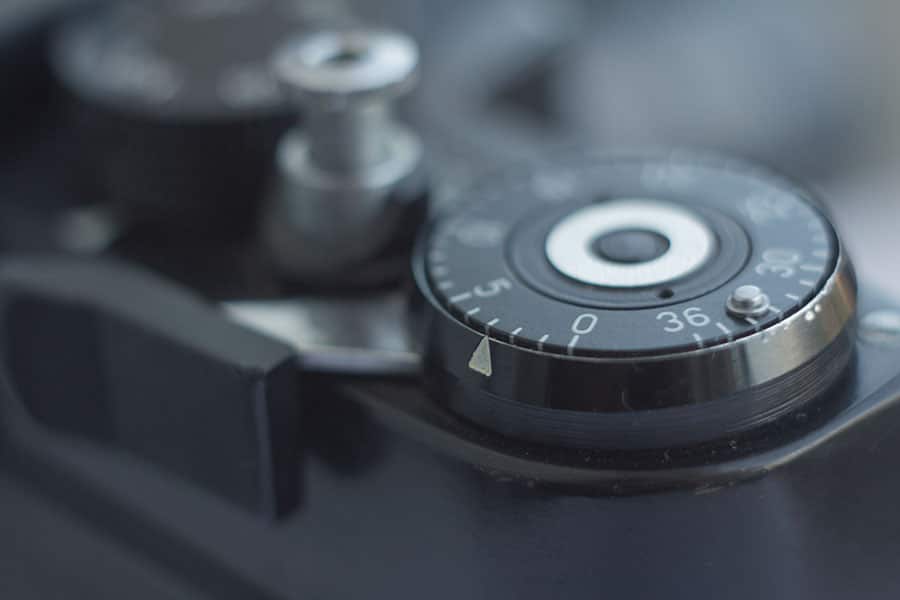
Unlike the more advanced Zenit-TTL, this model does not have a TTL light meter, but is equipped with a simpler selenium light meter.
Like all other Zenits of early releases, this model is made of metal and the lens is made of metal and glass. Despite not the best build quality, the fact that Zenit-11 is made of metal makes it a much better quality than later models made of plastic.
Among other things, Zenit-11 inherited from its predecessors not the best viewfinder. Firstly, the viewfinder is not very bright, and secondly, you see only 65% of the future frame in it.
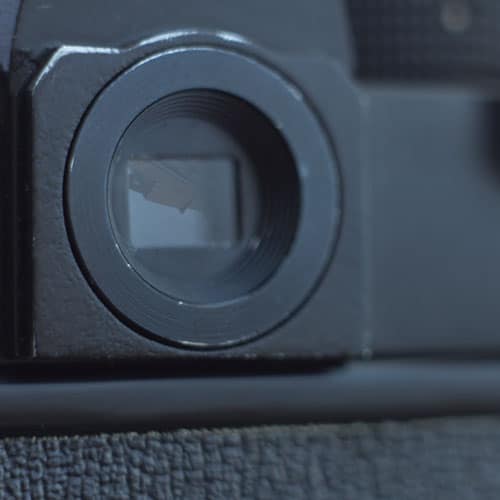
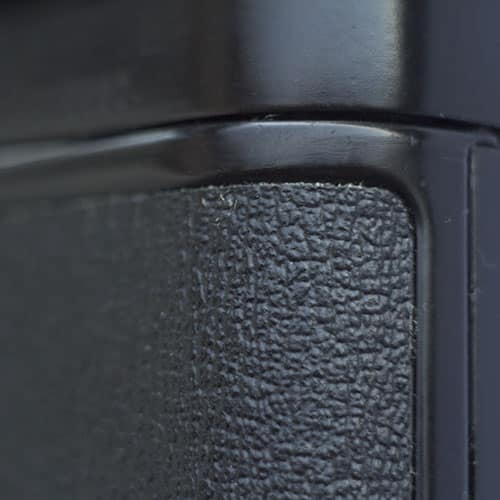
As mentioned above, this SLR is equipped with a selenium light meter. It should be noted right away that this is far from being as convenient and durable as TTL light meters. Due to the characteristics of selenium, in our time, most of these light meters are non-working.
The team of our site, of course, advises you to use such light meters with caution. It is best to use a third-party light meter or an application on your phone, since nowadays there are a lot of such for any operating system.
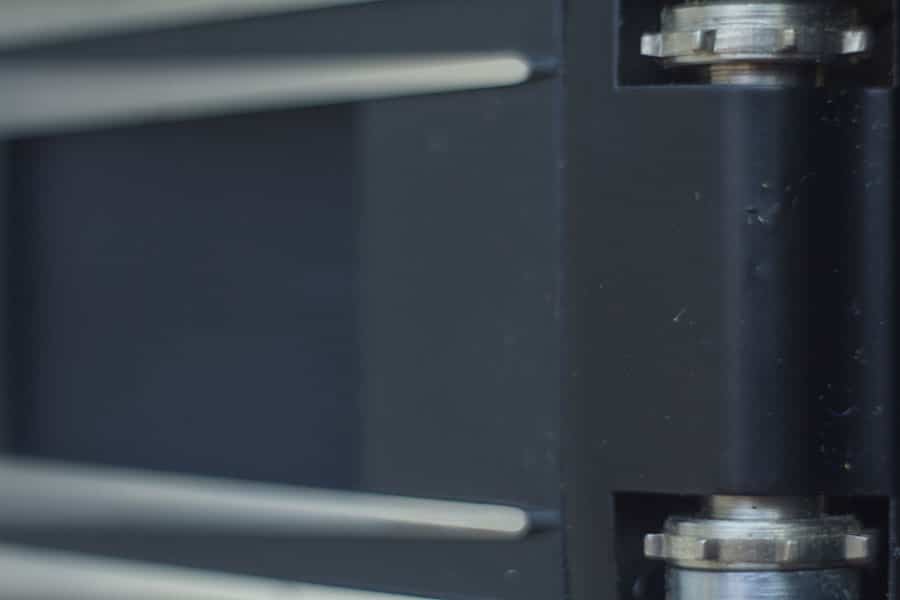
This film camera is equipped with a very simple curtain shutter inherited from the very first Leicas. The presence of such a simple shutter made it possible to reduce the cost of production, which in fact was the main thing for Soviet factories.
Yes, the range of shutter speeds from 1/30 to 1/500 sec is extremely inconvenient for full-fledged photography, but at the same time, this range of shutter speeds is quite enough for most tasks facing the photographer.
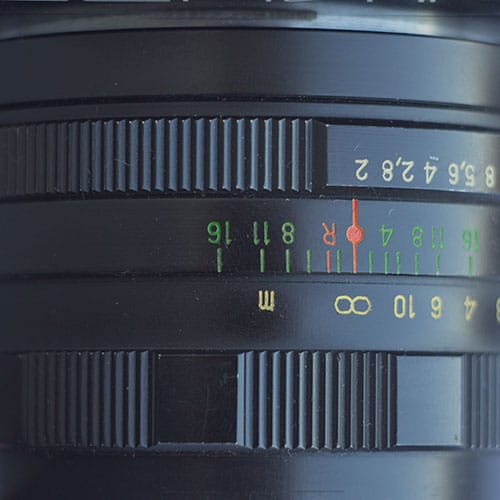
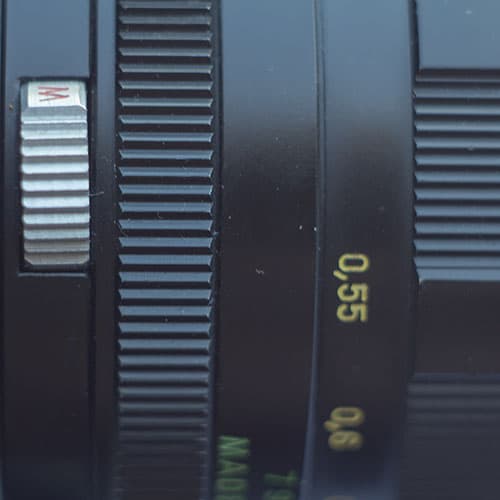
Of course, like many Soviet cameras, this model is not particularly reliable. The vast majority of models that have survived to this day have some kind of problems that can interfere with full-fledged photography. But there is still a chance to find a camera in good condition. After the purchase, it is worth carrying out an CLA so that photography does not end with a camera breakdown or damaged film.
Like all other Zenits, this is a very noisy camera. The shutter sound is not the most pleasant, and not at all like the pleasant click of Leicas or even early Zorkis and Zenits.
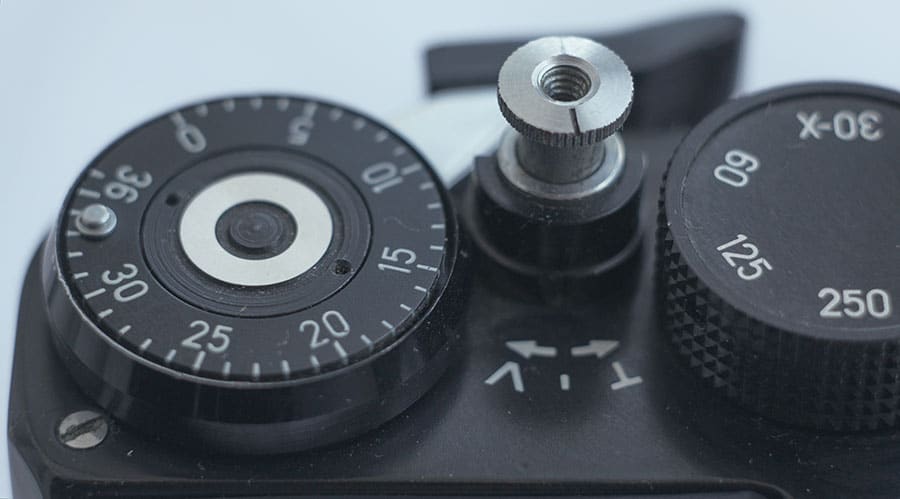
Conclusion
One of the main advantages of this camera is that you can find a Zenit-11 in good condition for a small amount of money. These SLRs are common enough that it is not a problem to find them commercially. If you are a beginner photographer, or want to get acquainted with the Soviet photographic industry, then this soviet film camera is perfect for you.
ZENIT-11 PHOTOS
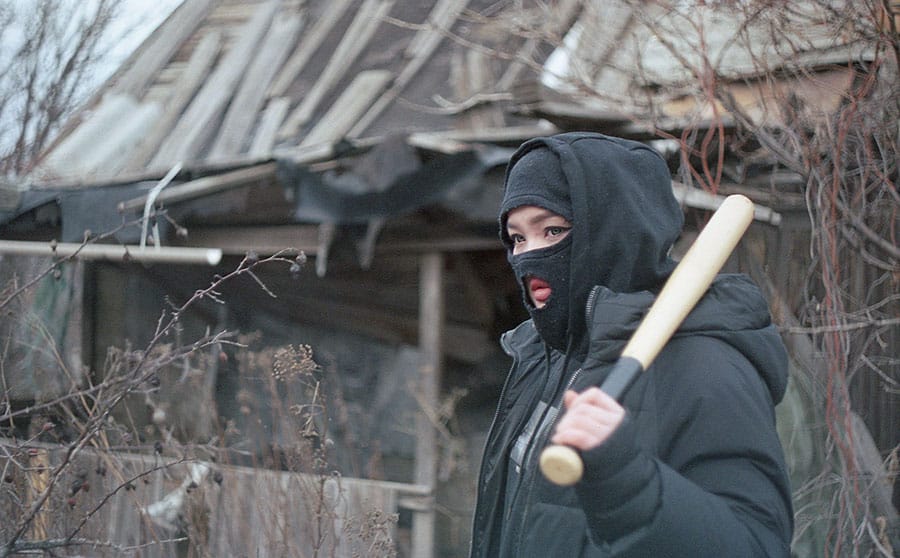

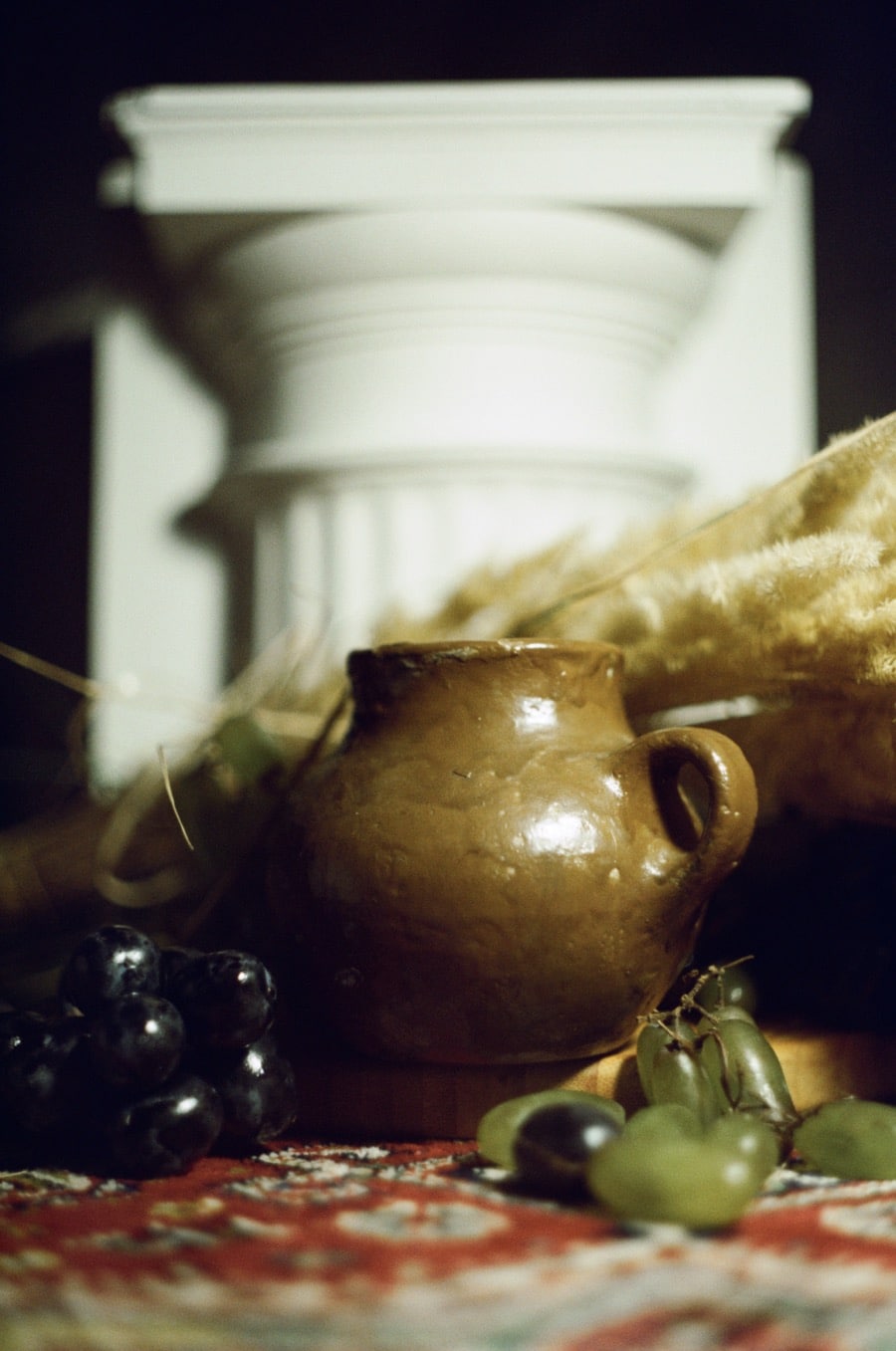
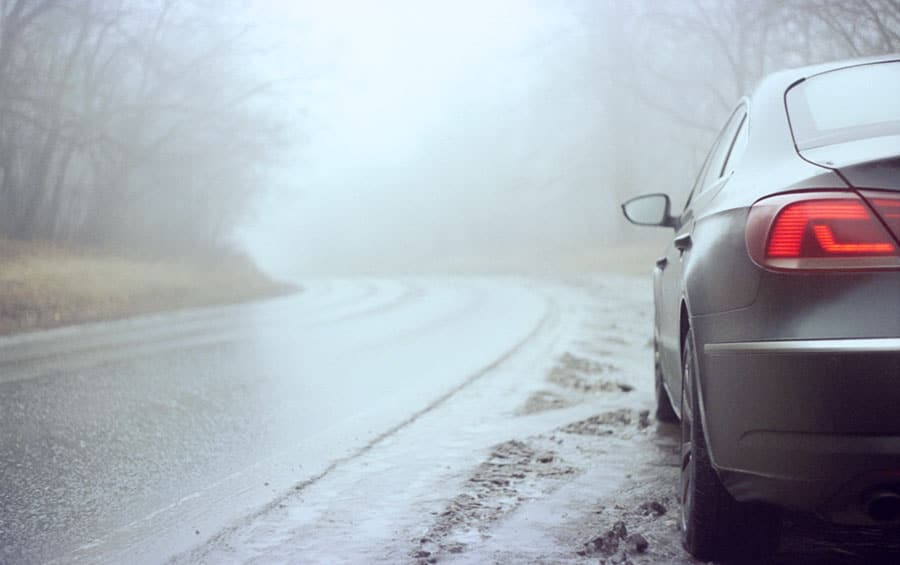
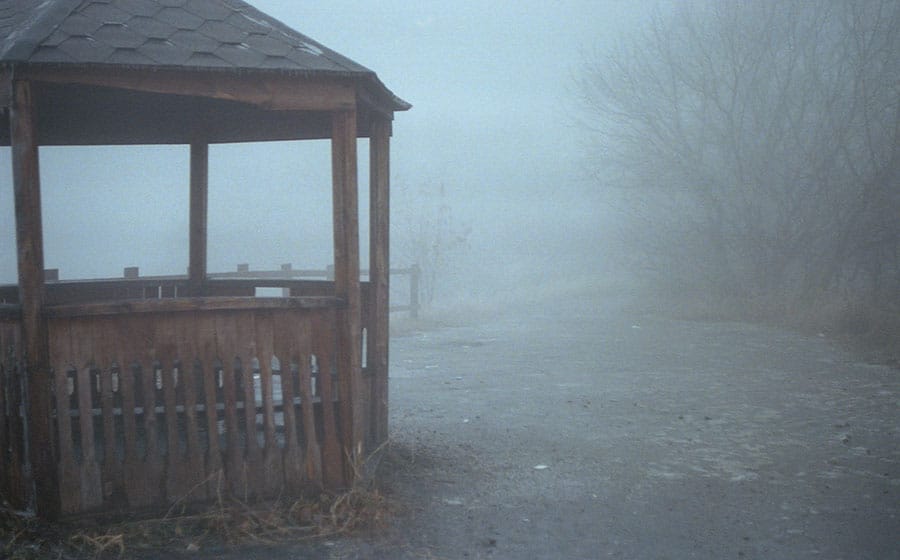
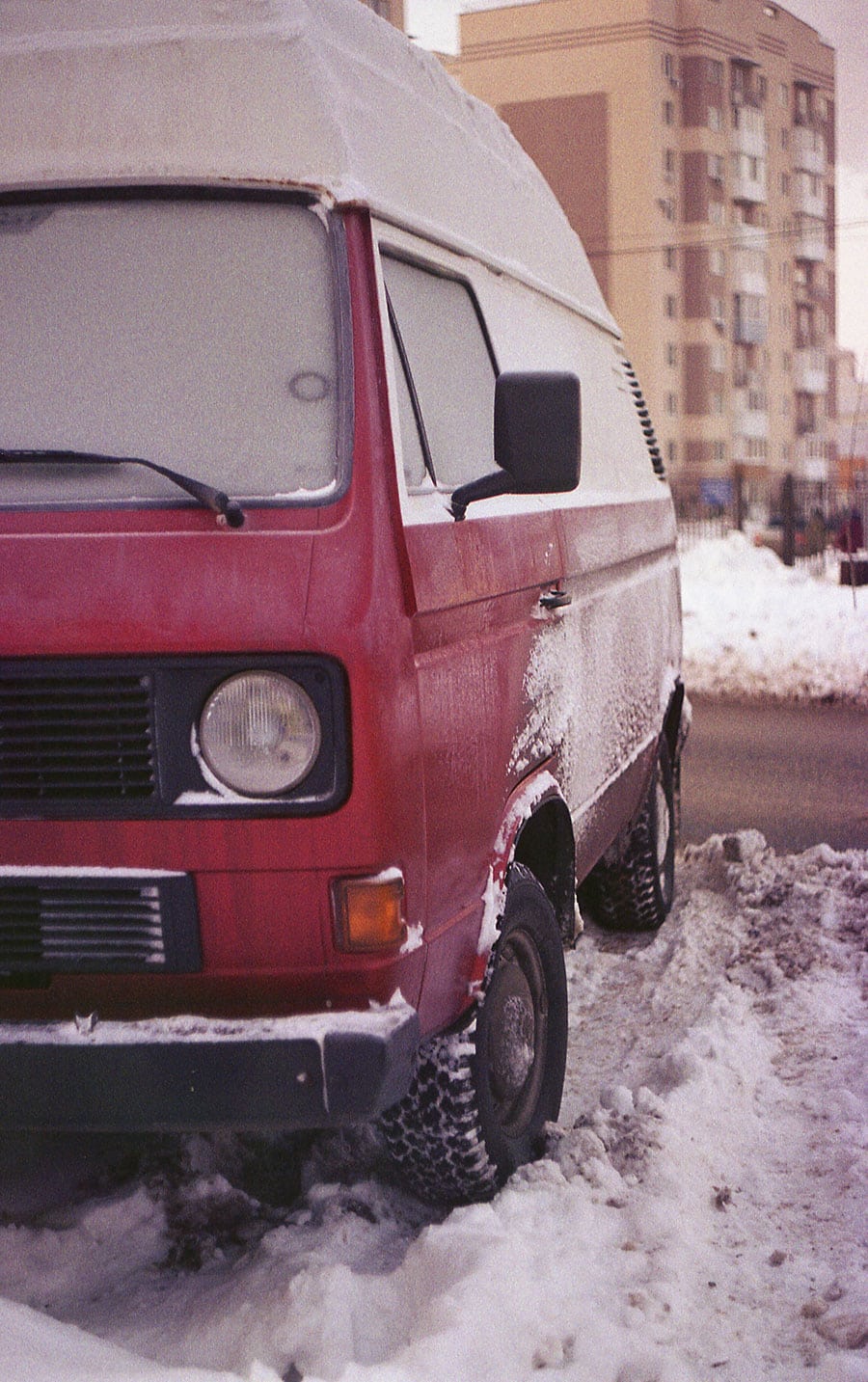
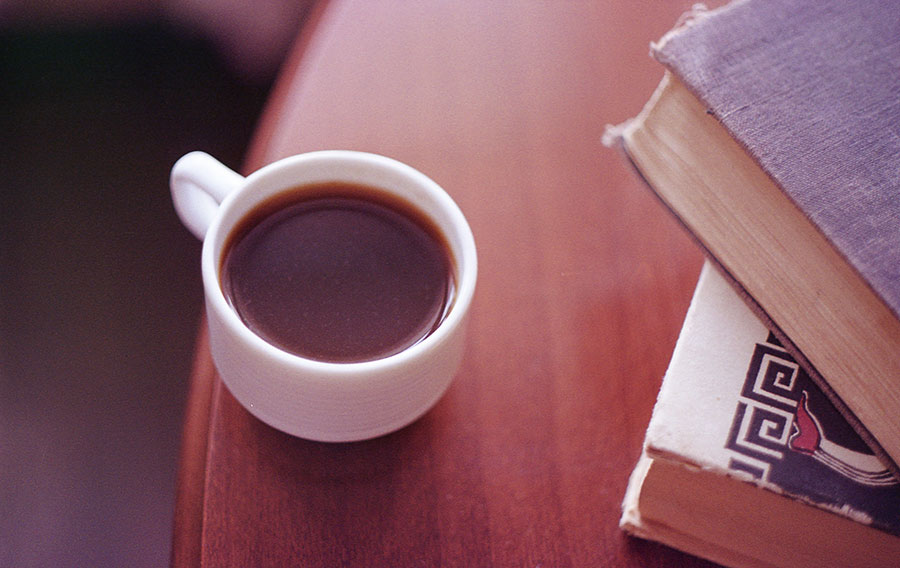
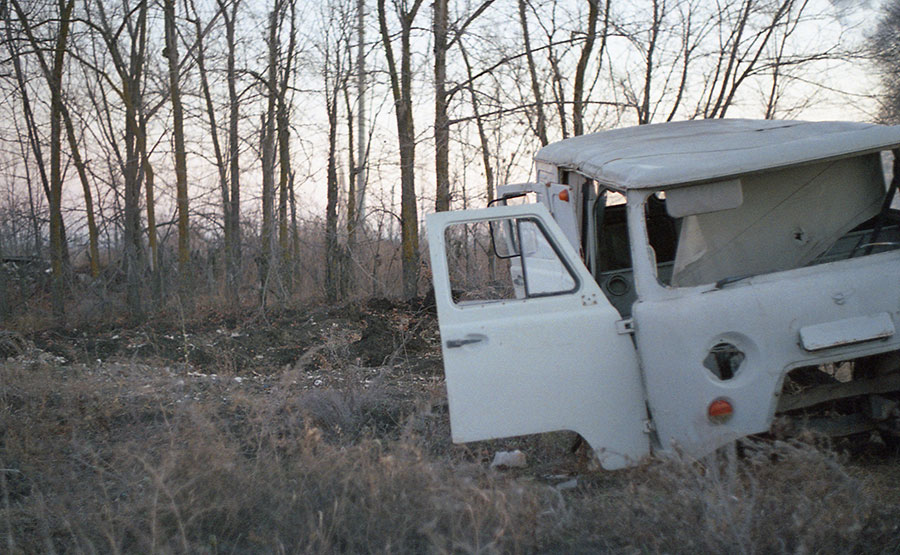
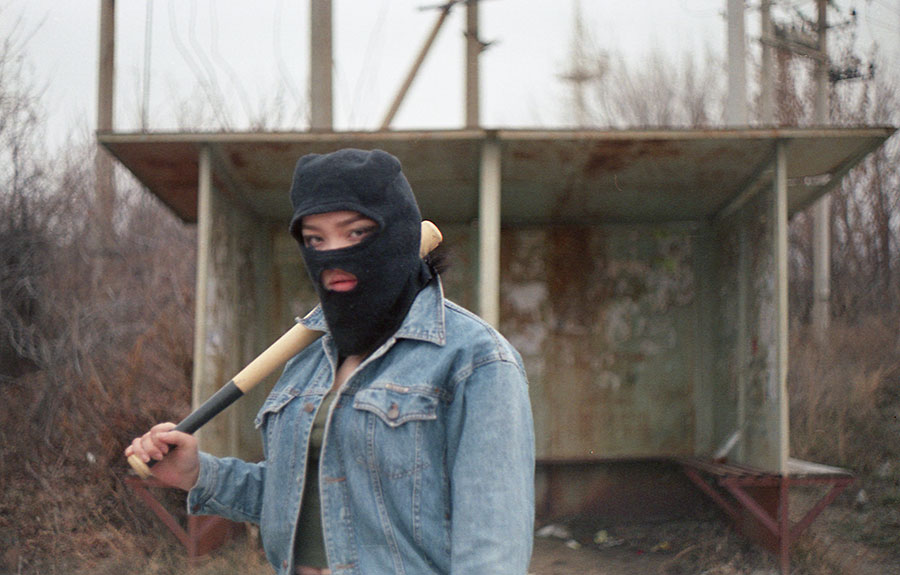
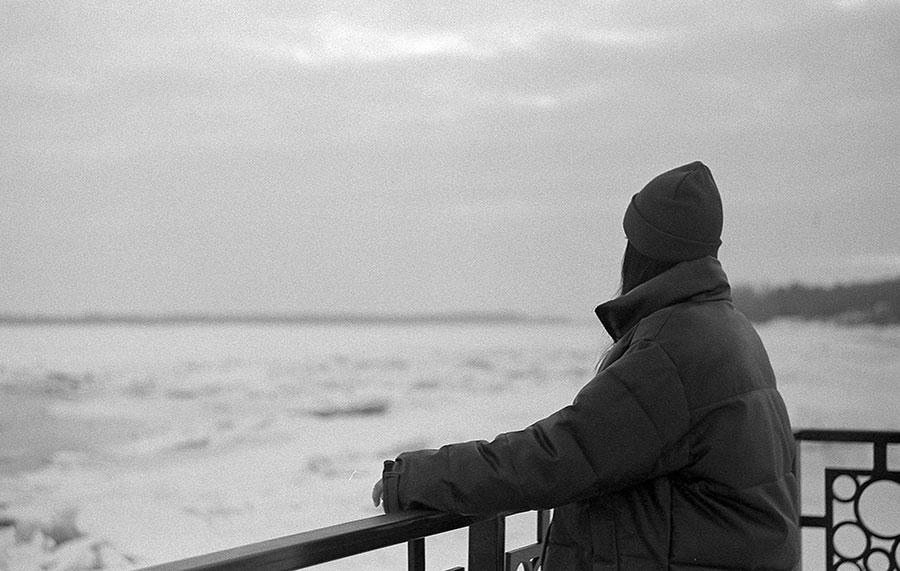
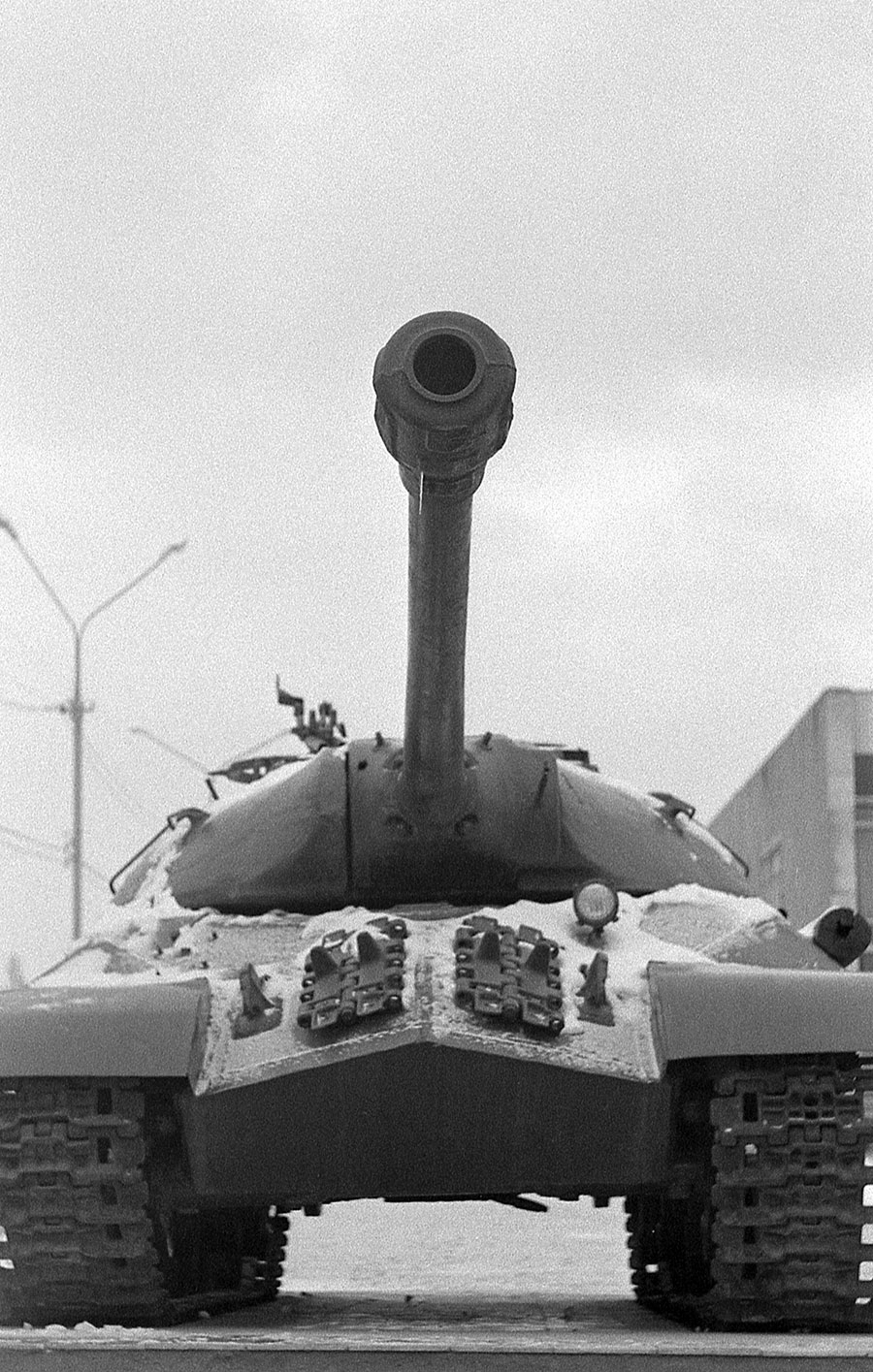
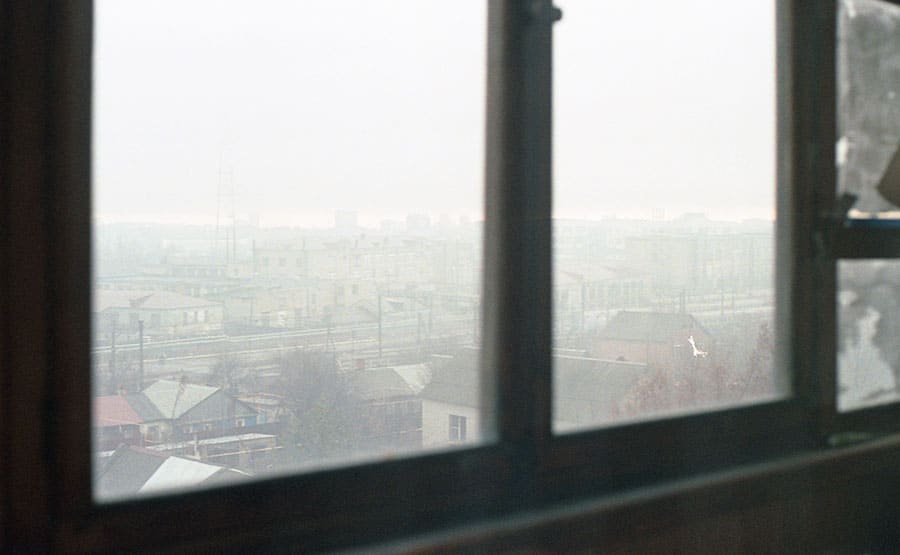
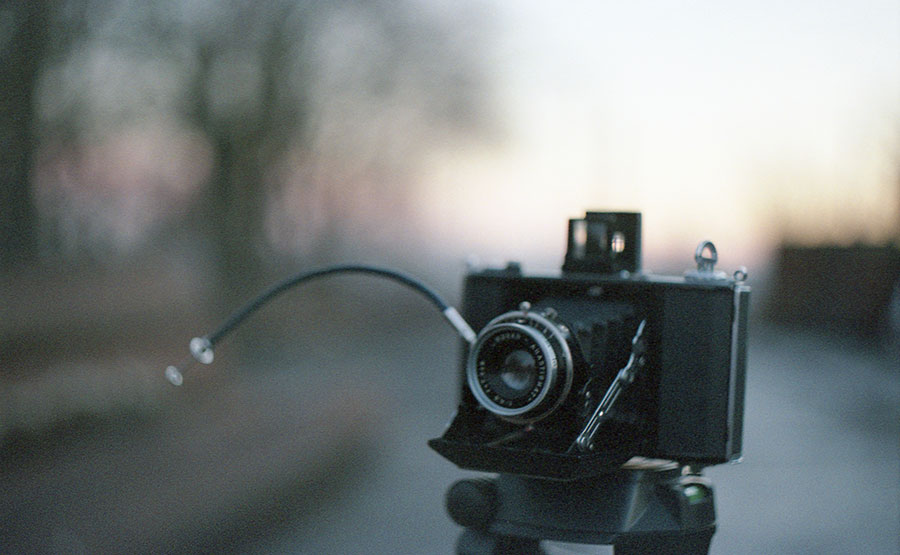
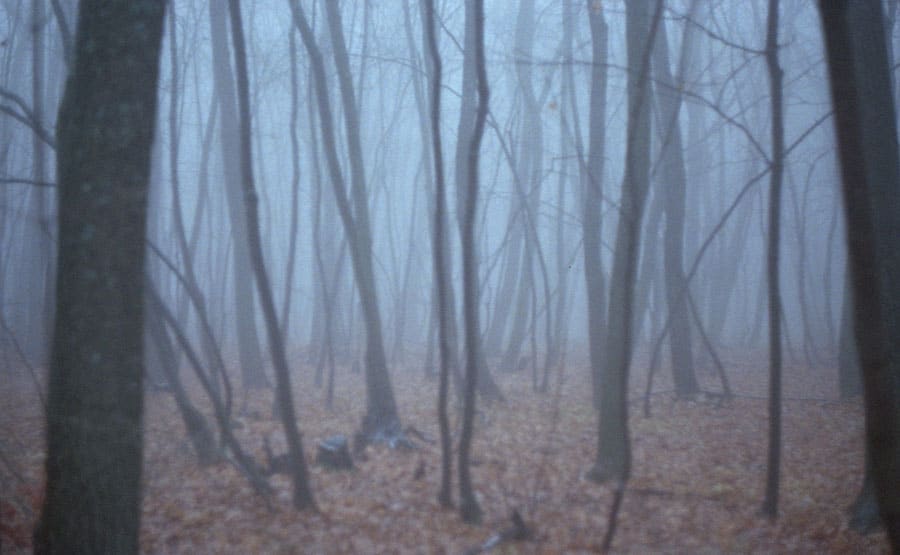
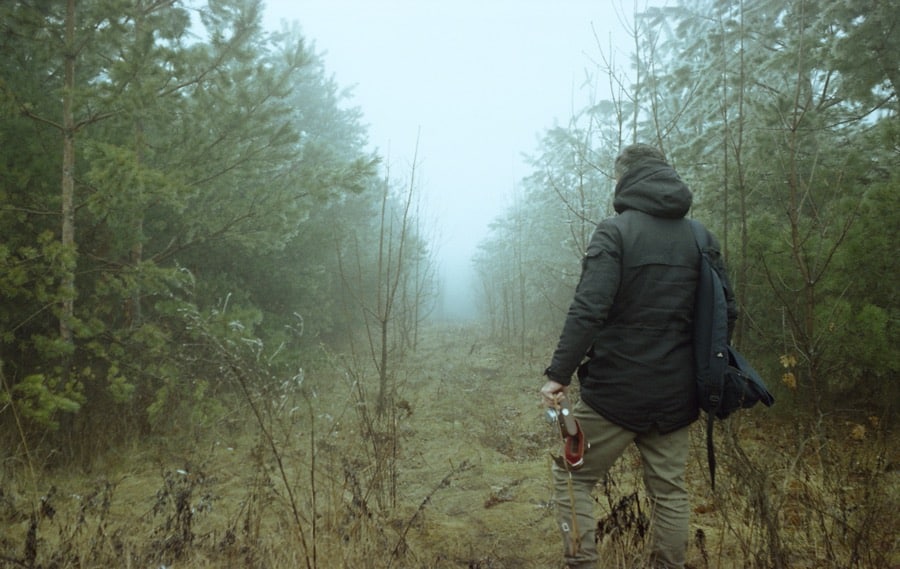
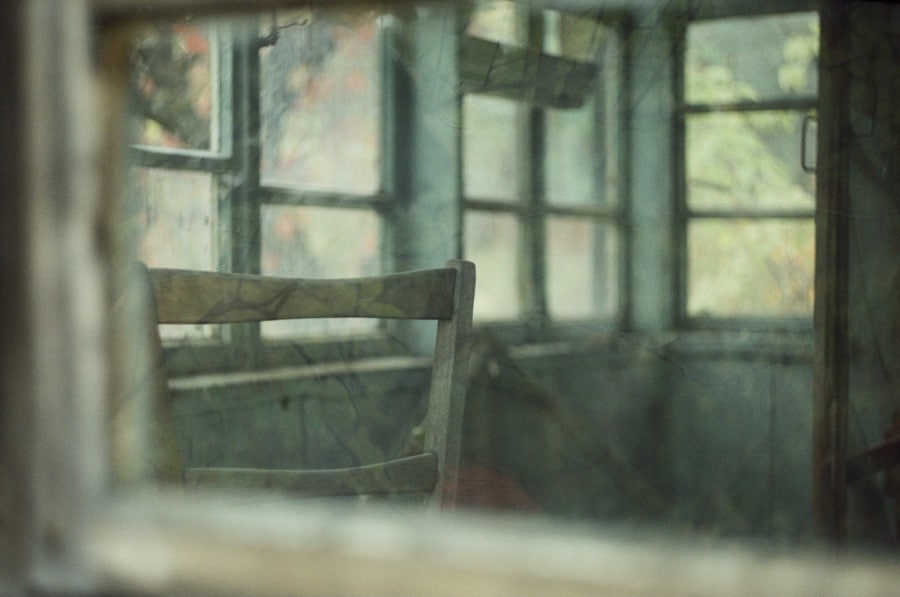
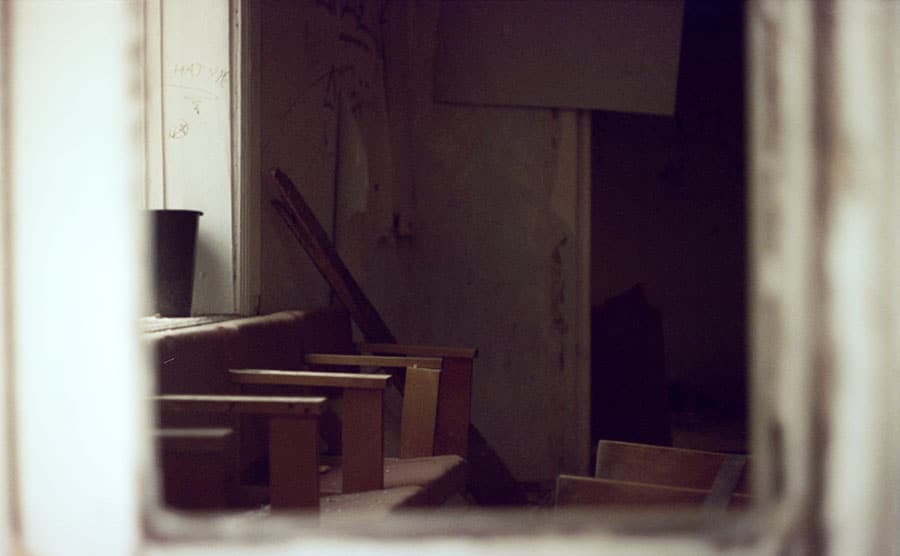
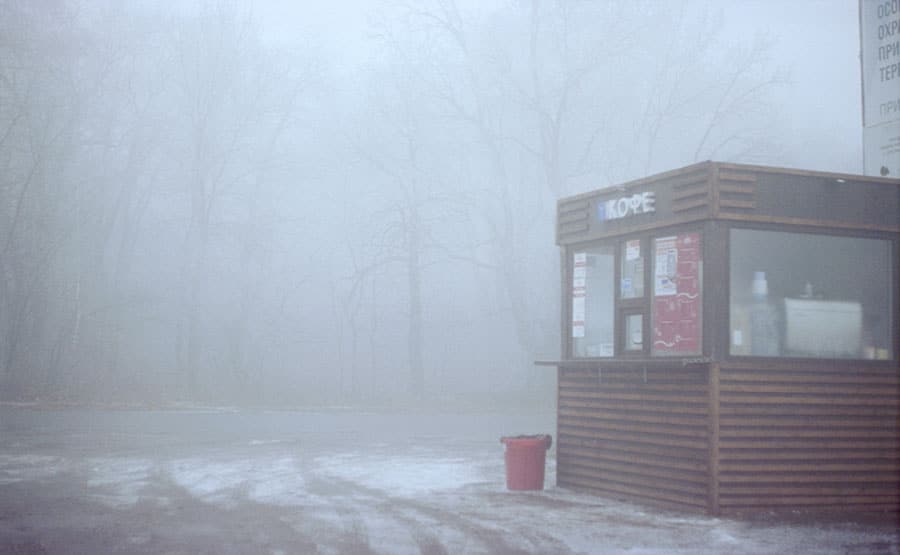

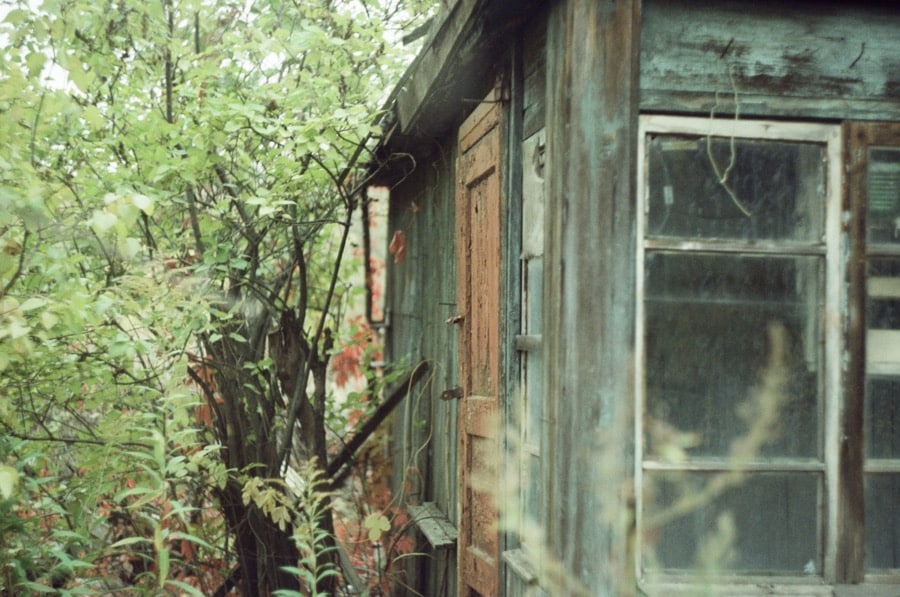
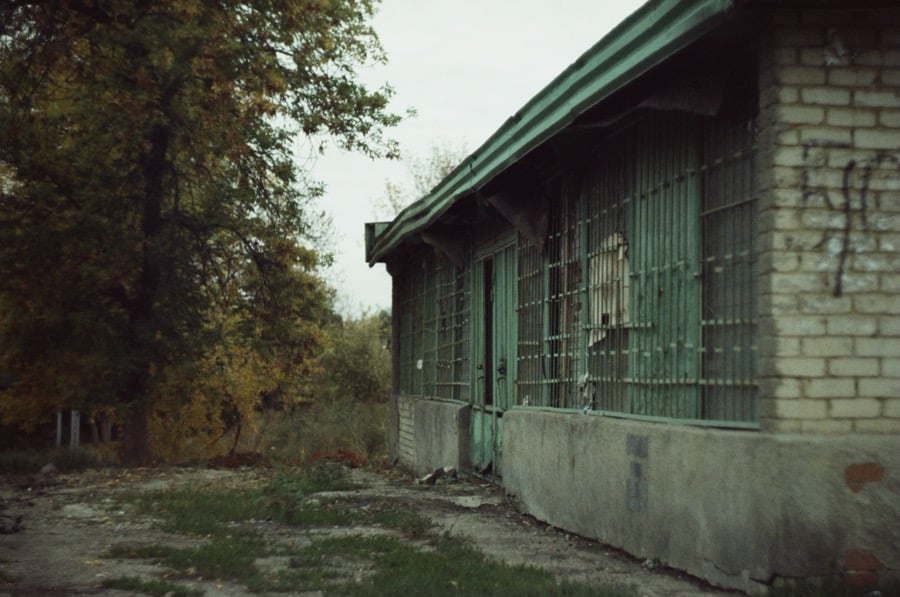


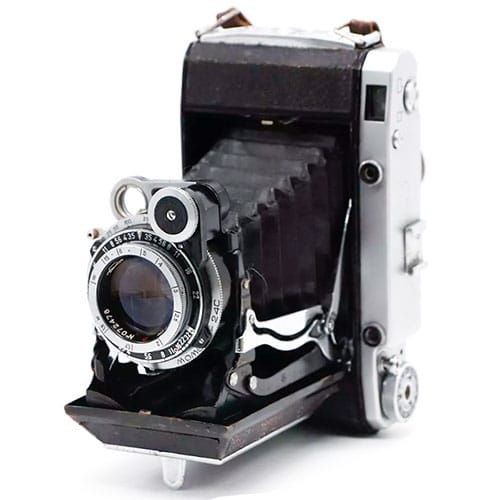
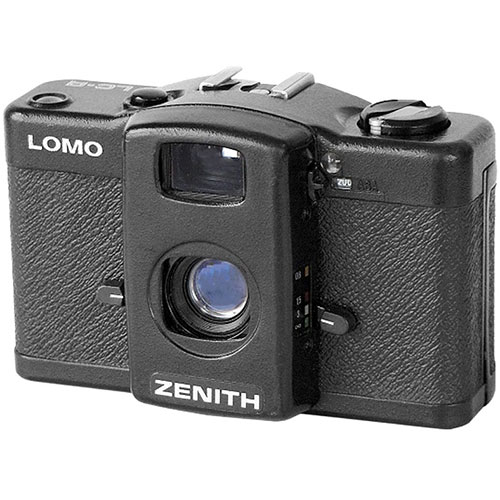
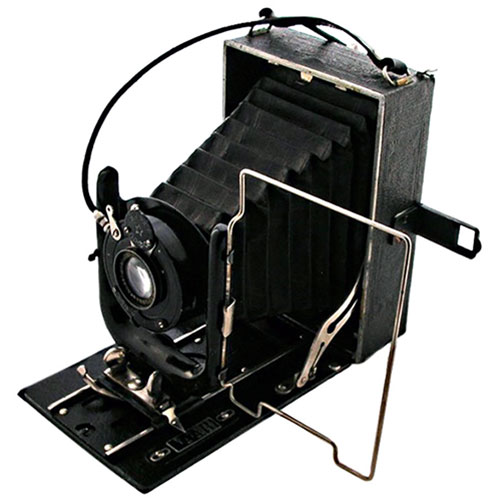
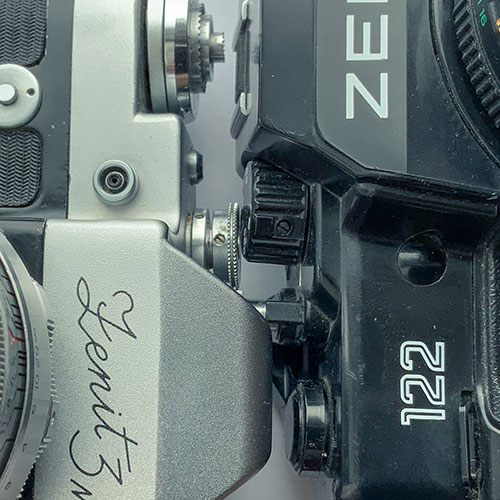
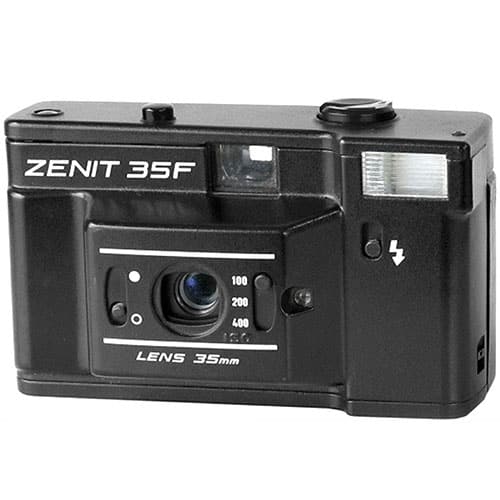
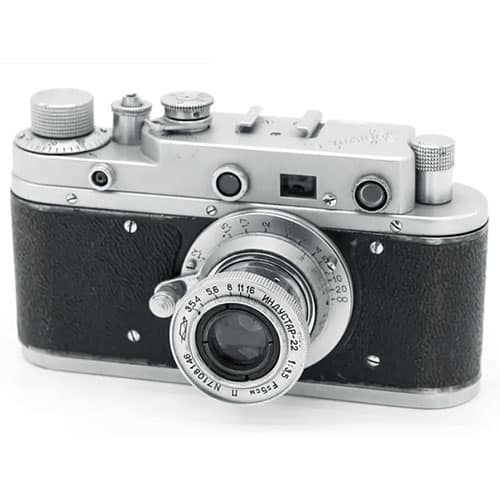
Hello,
Have couple of zenits. Why pay an arm and a leg for a camera.
A zenit is cheap and does the job.